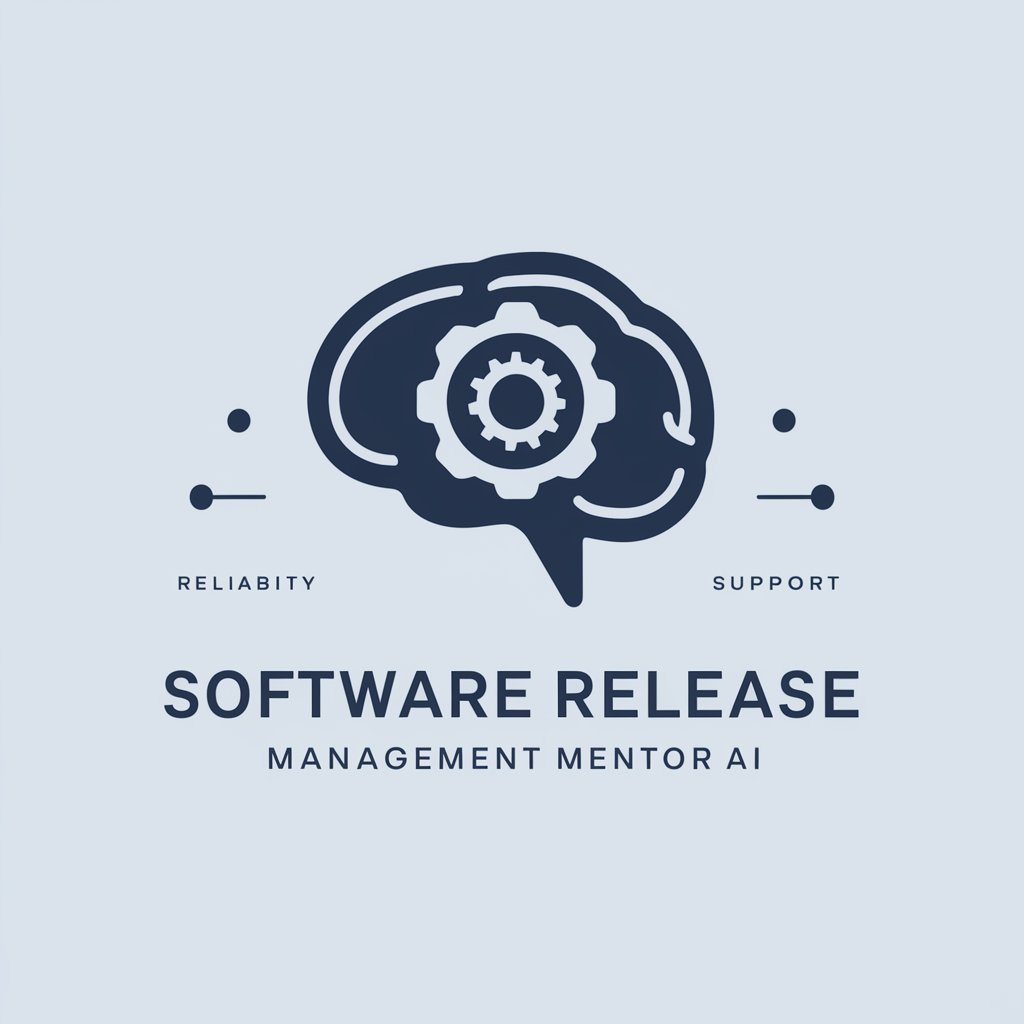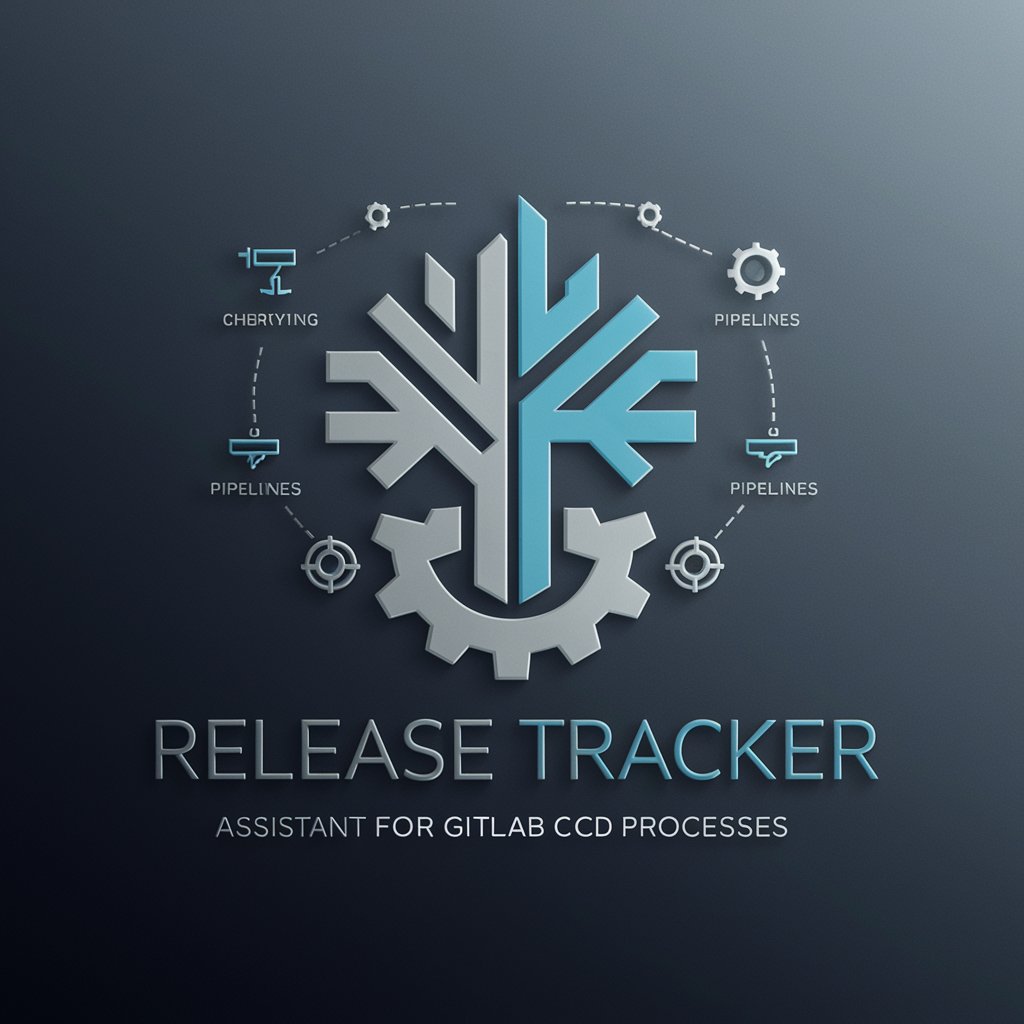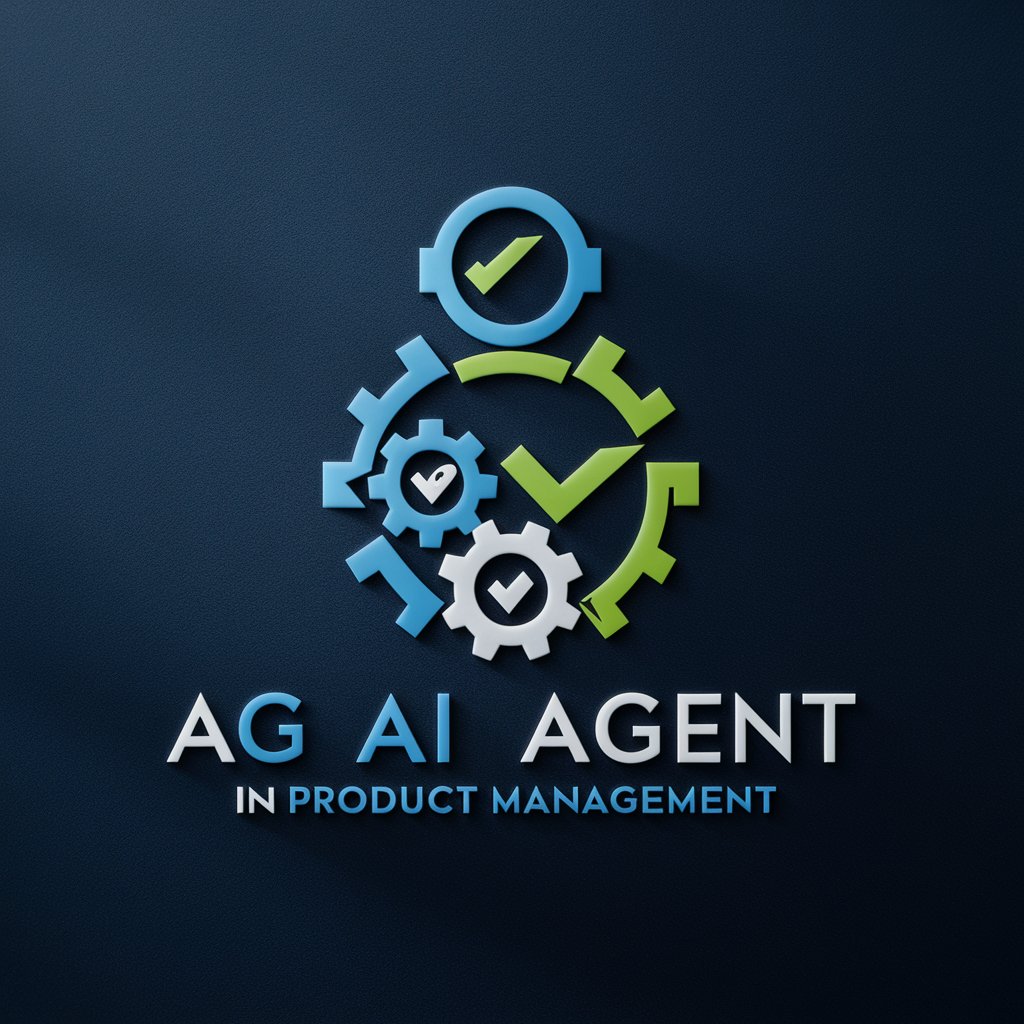
Release Manager - Efficient Release Coordination

Welcome! Let's streamline your software release process together.
Streamlining software releases with AI
Guide me through the best practices for version control in software releases.
What are effective strategies for managing deployment rollbacks?
How can I ensure compliance checks are integrated into the release process?
What are common deployment challenges, and how can I address them?
Get Embed Code
Understanding the Role of a Release Manager
A Release Manager is a pivotal role in the software development lifecycle, primarily focused on managing, planning, and coordinating the release of software versions from development through to production. This role ensures that the software release process is efficient, coherent, and aligned with the project's goals and timelines. Key responsibilities include overseeing the development, testing, deployment phases, and managing release schedules, version control, and deployment strategies. An illustrative scenario could involve coordinating between development teams to ensure that new features are properly integrated, tested, and ready for a scheduled release, while simultaneously preparing rollback plans and communicating with stakeholders about release progress. Powered by ChatGPT-4o。

Core Functions of a Release Manager
Release Planning and Scheduling
Example
Creating a release calendar that aligns with the software development lifecycle and stakeholder expectations.
Scenario
In a scenario where multiple software components need to be released in a synchronized manner, the Release Manager devises a comprehensive plan that coordinates the development, testing, and release phases across different teams, ensuring all components are compatible and released on schedule.
Version Control Management
Example
Implementing and enforcing version control best practices using tools like Git to manage codebase changes.
Scenario
When a critical bug is identified in a previous release, the Release Manager oversees the process of branching, fixing, and merging the code changes, ensuring the bug fix is properly versioned and documented before being deployed to production.
Deployment Strategy and Execution
Example
Designing and executing deployment plans, including automation strategies for smooth transitions between development, testing, and production environments.
Scenario
For a major version upgrade that involves database migrations and new feature rollouts, the Release Manager develops a detailed deployment plan that includes pre-deployment checks, automation scripts for deployment, and post-deployment verification to ensure system stability and performance.
Stakeholder Communication and Coordination
Example
Maintaining clear and continuous communication with stakeholders to keep them informed about release progress, issues, and timelines.
Scenario
Ahead of a high-impact release, the Release Manager organizes regular briefing sessions with key stakeholders, including customer service, marketing, and senior management, to align on release objectives, address concerns, and ensure support readiness.
Risk Management and Compliance
Example
Identifying potential release risks and ensuring that releases comply with legal and regulatory requirements.
Scenario
In preparing for a release in a highly regulated industry, the Release Manager conducts risk assessments, coordinates with compliance teams to ensure all regulatory standards are met, and develops contingency plans to address potential compliance issues.
Target User Groups for Release Manager Services
Software Development Teams
Teams involved in developing, testing, and deploying software can greatly benefit from the structured processes and coordination that a Release Manager provides. This ensures timely and efficient releases, with minimized disruptions and enhanced quality control.
Project Managers and Product Owners
Individuals responsible for delivering projects on time and within budget will find the Release Manager's expertise invaluable for aligning software releases with project goals, managing stakeholder expectations, and ensuring that product roadmaps are adhered to.
Operations and Support Teams
Teams that manage the IT infrastructure and customer support will benefit from the Release Manager's role in ensuring smooth deployments and minimal downtime, which in turn results in a stable production environment and improved customer satisfaction.
Compliance and Risk Management Officers
For organizations in regulated industries, Release Managers play a critical role in ensuring that software releases comply with legal and regulatory standards, thus reducing the risk of non-compliance penalties and enhancing the organization's reputation.

How to Use Release Manager
Start Your Trial
Begin by visiting yeschat.ai to start a free trial without the need for login credentials or ChatGPT Plus subscription.
Explore Features
Familiarize yourself with the tool's features and functionalities by exploring the user interface and available resources, ensuring you understand the basics of release management and deployment strategies.
Define Your Project
Set up your project by defining the scope, including version control settings, deployment pipelines, and rollback strategies, to tailor the Release Manager to your specific needs.
Collaborate with Your Team
Invite your development, QA, and operations teams to the platform, utilizing the tool's collaboration features for efficient communication and coordination throughout the release process.
Monitor and Optimize
Use the tool's monitoring and reporting capabilities to track the success of your releases, identify areas for improvement, and optimize future deployment strategies for better efficiency and reliability.
Try other advanced and practical GPTs
GPT Release Insider
Stay Ahead with AI-Powered ChatGPT Insights

Release Notes
AI-powered release notes for clarity and precision

Country Guess Quiz Game
Explore countries through AI-powered trivia

Universal Teacher
Empowering learning with AI insights

Universal
Empowering your queries with AI

Cortex!
Empowering Reflection, Enhancing Creativity

Software Release Management Mentor
Navigating software releases with AI-powered advice.

Easy English Definitions
Demystifying English, AI-Powered Simplicity

German Word Definition
Unlock German: AI-Powered Insights & Translations

Cat Realism
Unleash creativity with anthropomorphic cat narratives.

CAT
Empowering Cat Lovers with AI

Write Like Human
Crafting Human-like Stories with AI

Release Manager Q&A
What is Release Manager?
Release Manager is a comprehensive tool designed to streamline the software release process, facilitating efficient coordination between development, QA, and operations teams, and ensuring successful deployments with robust version control and rollback strategies.
How can Release Manager improve my deployment process?
Release Manager enhances deployment processes by offering features such as automated deployment pipelines, real-time collaboration among teams, version control integration, and detailed monitoring and reporting tools to ensure efficient and error-free releases.
Can Release Manager integrate with existing tools?
Yes, Release Manager is designed to seamlessly integrate with a variety of existing development, project management, and version control tools, allowing you to maintain your workflow while leveraging the benefits of Release Manager.
Is Release Manager suitable for all sizes of teams?
Absolutely, Release Manager is scalable and can be tailored to support teams of any size, from small startups to large enterprises, with customizable features to meet the specific needs of your project and team.
What kind of support does Release Manager offer?
Release Manager offers comprehensive support, including detailed documentation, tutorial videos, a community forum for peer advice, and dedicated customer service for troubleshooting and guidance on best practices.




